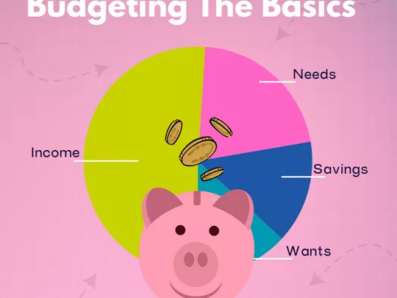Let’s be honest – exams can be a lot. Whether you’re revising for GCSEs, A-levels, or any other tests, it’s completely normal to feel the pressure. There’s a lot to take in, and it can feel like everyone expects you to do well. On top of that, you might be juggling school, home life, and everything else going on in your head.
If you’re feeling anxious, overwhelmed or just not sure where to start – you’re not alone. Loads of young people feel this way during exam season. But the good news is, there are things you can do to make it easier on yourself. Here are some simple tips to help you manage exam stress, stay focused and – most importantly – take care of yourself.

1. Break it down into bite-sized chunks
Big subjects can feel overwhelming – but you don’t have to tackle everything at once. Try breaking your revision into smaller, manageable chunks.
For example: Instead of saying “I need to revise Science,” write down something specific like “Revise parts of the cell and label a diagram.” It’s way less scary, and you’ll feel great when you tick it off.
You could even use flashcards, mind maps or colourful sticky notes to help you remember the tricky bits.
2. Use little rewards to stay motivated
It’s easier to stick to something if you’ve got something to look forward to.
For example: After a 45-minute study session, reward yourself with a YouTube video, your favourite snack or a quick game. After a full day of revision, maybe treat yourself to a film night, a long walk, or a chat with a mate.
Little rewards can keep you going and help make revision feel less of a slog.
3. Make a plan (but don’t stress if it changes)
Having a routine can help you feel more in control. Try making a simple revision timetable with time for studying, breaks and things you enjoy.
For example: “9–10am: Maths past paper. 10–10.30am: Snack and stretch break. 10.30–11am: Go over questions I got wrong.”
The key? Keep it realistic. You don’t need to revise all day. And if you miss a slot or have a bad day? That’s OK. Just try again tomorrow.

4. Move your body – even just a bit
You don’t need to hit the gym or go for a big run – just moving a little bit can help clear your head and reduce stress.
Why not try the following:
- A walk around the block
- Stretching for 10 minutes
- Dancing to your favourite playlist
- Playing football in the garden or park
- Following a short workout or yoga video on YouTube
Even five minutes of movement can lift your mood and help you focus better.
5. Try a few simple calming techniques
Sometimes, stress can sneak up on you. When that happens, it’s useful to have some go-to strategies to help calm your mind.
Why not try this:
- Box breathing – Breathe in for 4 seconds, hold for 4, breathe out for 4, hold for 4. Do it a few times to feel more grounded.
- Write it down – Scribble down what’s on your mind. You don’t need to show anyone – it just helps clear your thoughts.
- Five things – Look around and name 5 things you can see, 4 you can touch, 3 you can hear, 2 you can smell, 1 you can taste. It helps bring you back to the present.
6. Talk to someone you trust
Keeping things bottled up can make stress feel even heavier. Talking about how you’re feeling can really help – even if it doesn’t “fix” the problem right away.
You could talk to:
- Your foster parent
- A teacher you get on with
- A friend
- Your social worker or support worker
You’re not alone – and no question is too silly. People care and want to help.

7. Be kind to yourself
This one really matters. You’re doing your best, and that’s something to be proud of. Exams can be tough, but they don’t define you. Everyone has different strengths, and no grade can measure how kind, creative or resilient you are.
Remember:
- You don’t need to be perfect
- Mistakes are part of learning
- It’s OK to take breaks
- You’re allowed to rest
Final thought – you’re not in this alone
Exam stress is real, but so is your ability to get through it. One step at a time, one topic at a time – and remember to take care of you in the process.
If things ever feel too much, speak up. There’s always someone who’ll listen.





